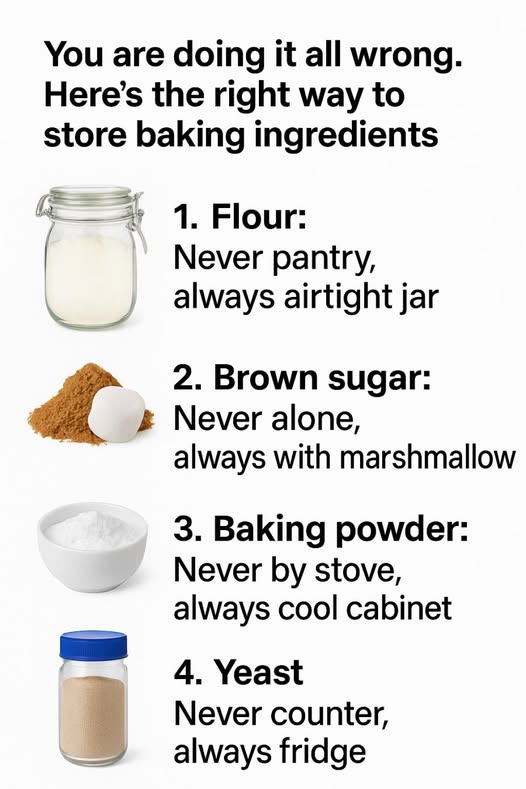In the world of baking, precision is key. Every measurement, every technique, and even the way you store your ingredients can greatly affect the outcome of your baked goods. Whether you’re a seasoned baker or a novice, understanding the proper methods for storing baking ingredients is crucial to ensure freshness and maintain the quality of your creations. Unfortunately, many home bakers overlook the importance of proper storage, leading to disappointing results.
Imagine investing time and effort into a batch of cookies, only to find them flat and tasteless due to expired baking powder or stale flour. It’s a common scenario that can be easily avoided with the right knowledge. This article will guide you through the essential practices for storing baking ingredients, ensuring that your pantry is always stocked with fresh, ready-to-use supplies.
1. The Importance of Proper Ingredient Storage
Proper storage of baking ingredients is not just about keeping a tidy pantry; it’s about preserving the integrity and effectiveness of each component. Baking ingredients are sensitive to environmental factors such as temperature, humidity, and light, all of which can degrade their quality over time. For instance, flour stored in a warm, humid environment can become rancid or attract pests, while baking powder exposed to moisture may lose its leavening power.
By storing ingredients correctly, you can extend their shelf life, reduce waste, and ensure that every bake is as delicious as it should be. Using airtight containers, maintaining a consistent temperature, and protecting ingredients from light are key strategies in achieving this. For example, keeping your baking powder in a cool, dry place ensures it remains effective for up to six months after opening.
2. Flour: Never Pantry, Always Airtight Jar
